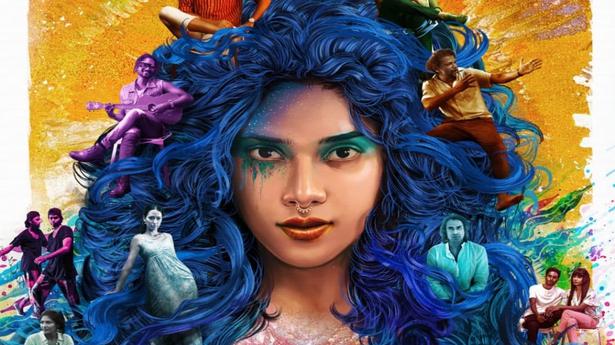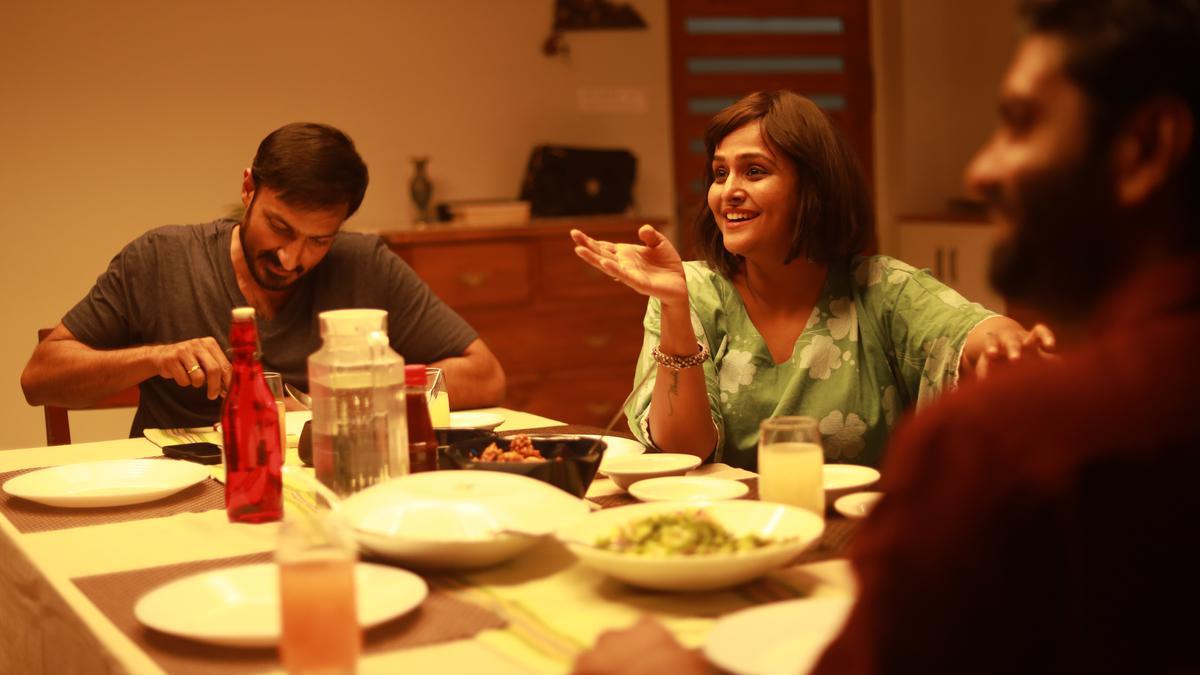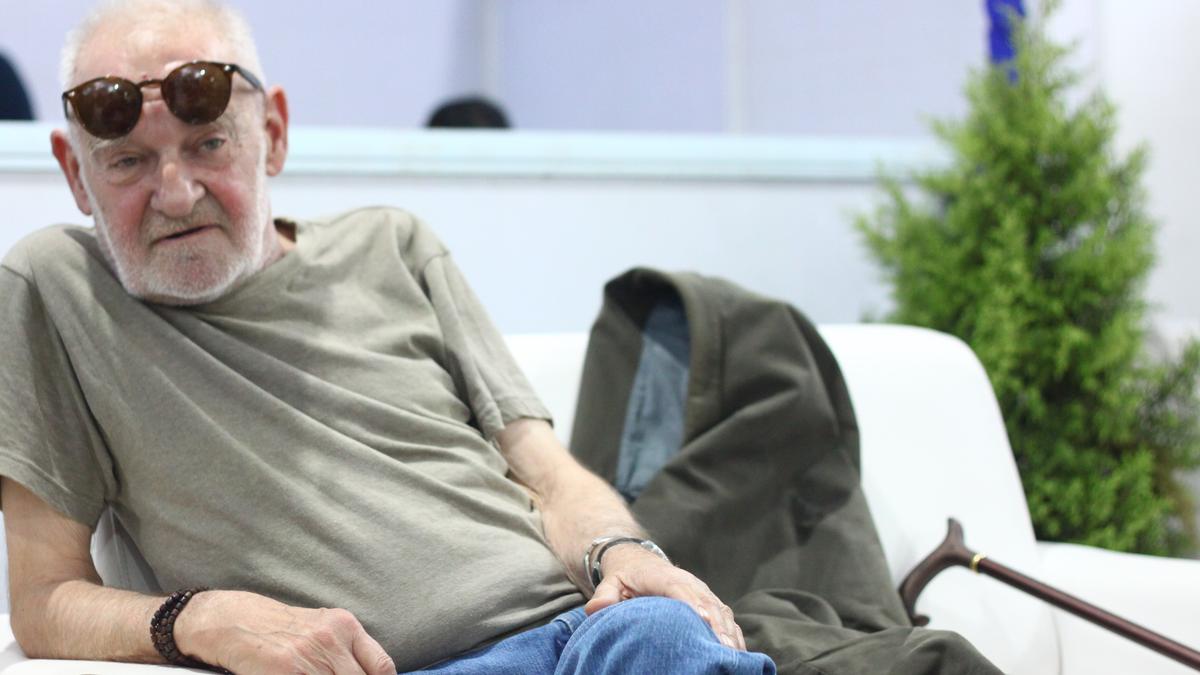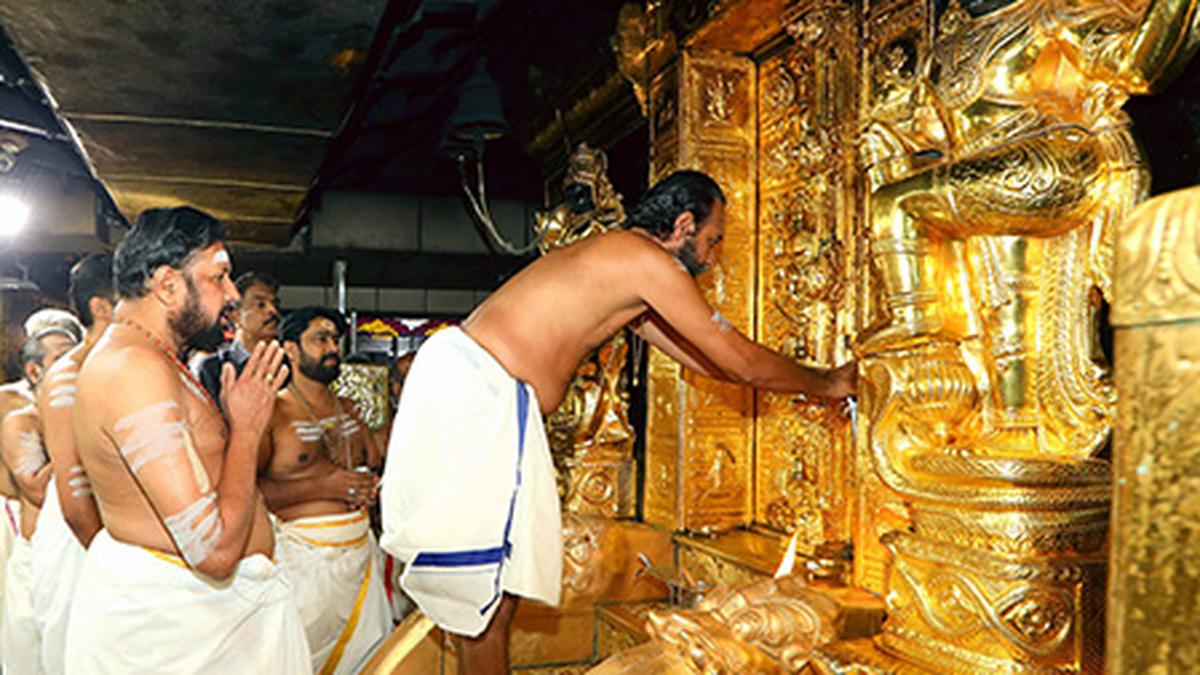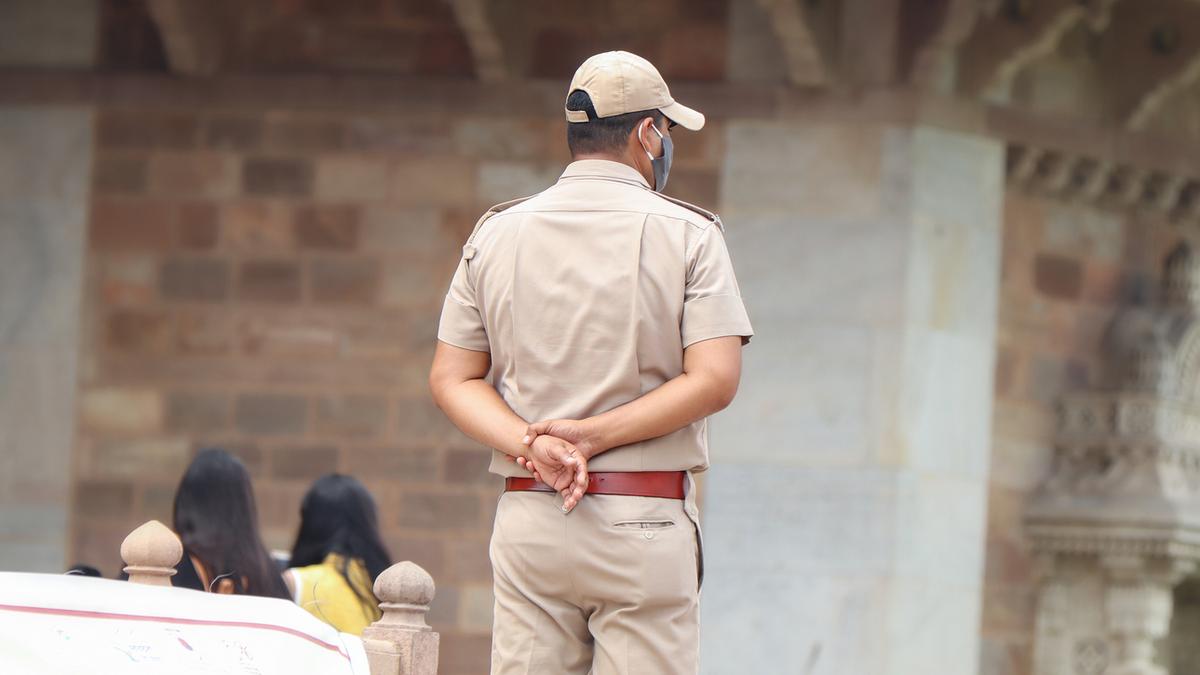Director Gurvinder Singh once again draws from the stream of Punjabi literature to complete a trilogy that captures the socio-political and economic life of the state
Director Gurvinder Singh once again draws from the stream of Punjabi literature to complete a trilogy that captures the socio-political and economic life of the state
There is something about Gurvinder Singh’s universe that sucks you in, every time he unspools a story on his minimalist canvas. Perhaps, it is his honest approach where he could find hope and despair in broad daylight or a moon-lit night, and doesn’t require any fancy lighting to enhance the mood and create the art.
In his latest, which was screened at the Rotterdam Film Festival, and is being showcased at the ongoing Habitat International Film Festival 2022 in New Delhi, Gurivnder once again draws from the stream of Punjabi literature to complete a trilogy that captures the socio-political and economic life of the state, that is often celebrated on-screen, but seldom scanned with a scalpel and a paintbrush.
Here, Gurdial Singh’s writing provides Gurvinder with the foundation to take a creative leap. The celebrated Punjabi writer loves to find a beam of light amidst darkness. He often finds tenderness of love and brutality of revenge in one character. Singh turns his words into long spells of silence that play out on faces, bodies, and atmosphere, conveying the anguish of the unsaid hurt.
It is reflected in Anhey Ghohrey Da Daan (2011) as well, which Singh adapted as his first feature film. Here again, it is on display as Singh tells the story of a convict called Modan (Jatinder Mauhar) who returns to his native village after spending years behind bars for eliminating his father’s tormentor.
While Anhey Ghohrey dealt with the plight of Dalit Sikhs, here, Singh dissects the complex idea of honour and attachment to land among Jat Sikhs without making a show of it.
When Modan returns, he finds his elder brother has moved on and has made peace with their rivals. Unable to come to terms with the new reality, he moves to his ancestral home that demands repair, just like his life.
When Modan shows his inclination to marry, his mind fills with self-doubt. But his close friend Ruldu, while painting the old wall, as if he is covering the past, tells Modan that he is not an ordinary criminal; he has spent time in jail to save the family’s honour.
Modan appears grumpy, vindictive, and impulsive but marries a single mother Sukhi, and gradually develops a bond with his foster son. He asks Sukhi about her past, but doesn’t push her to reveal the details. It is the tender side of Modan that provides the film its heft and heart; not to forget the quiet relationship between Sukhi and Modan’s mother.
Gurvinder loves to play with architecture, and the old home becomes a prop for him to enter the mental structure of Modan. His attempt to rebuild the past heals him and gives us a glimmer of hope, but things haven’t really changed. He is swallowed by retribution all over again.
With the increase in visual literacy, it is becoming increasingly futile to see realism through multi-camera set-ups and creating the so-called raw appeal on the editing table. Gurvinder’s mise-en-scene doesn’t seem to be designed or governed by technology, and hence the storytelling feels earthy and relatable. Take the night scene, where Modan takes revenge. Singh doesn’t keep it straight, but still, the emotion connects and the darkness tinged with moonlight stays with you.
Once again, Gurvinder works with non-actors and closet actors. Jatinder has a face that can’t hide pain and the retribution that is building inside him. Mauli Singh, a competent publicist, paints the vulnerabilities and strengths of Sukhi with a brush that leaves its impression.
Samuel John as Modan’s friend Ruldu is all heart. The sequence, where Ruldu carries Modan on a motorcycle, to show him the changes his village has experienced during his absence, unravels the problems that the agrarian belt has been dealing with for years. From petty land feuds to drug culture, Ruldu emits everything in an unrestrained fashion, something that is unexpected of Gurvinder.
The director doesn’t care to tell us Modan’s brother’s take and puts a full stop to the proceedings when one was expecting a comma, but then that’s the charm of the incompleteness. Just like the crescent moon!
Adh Chanani Raat is showcased at the ongoing Habitat International Film Festival 2022



